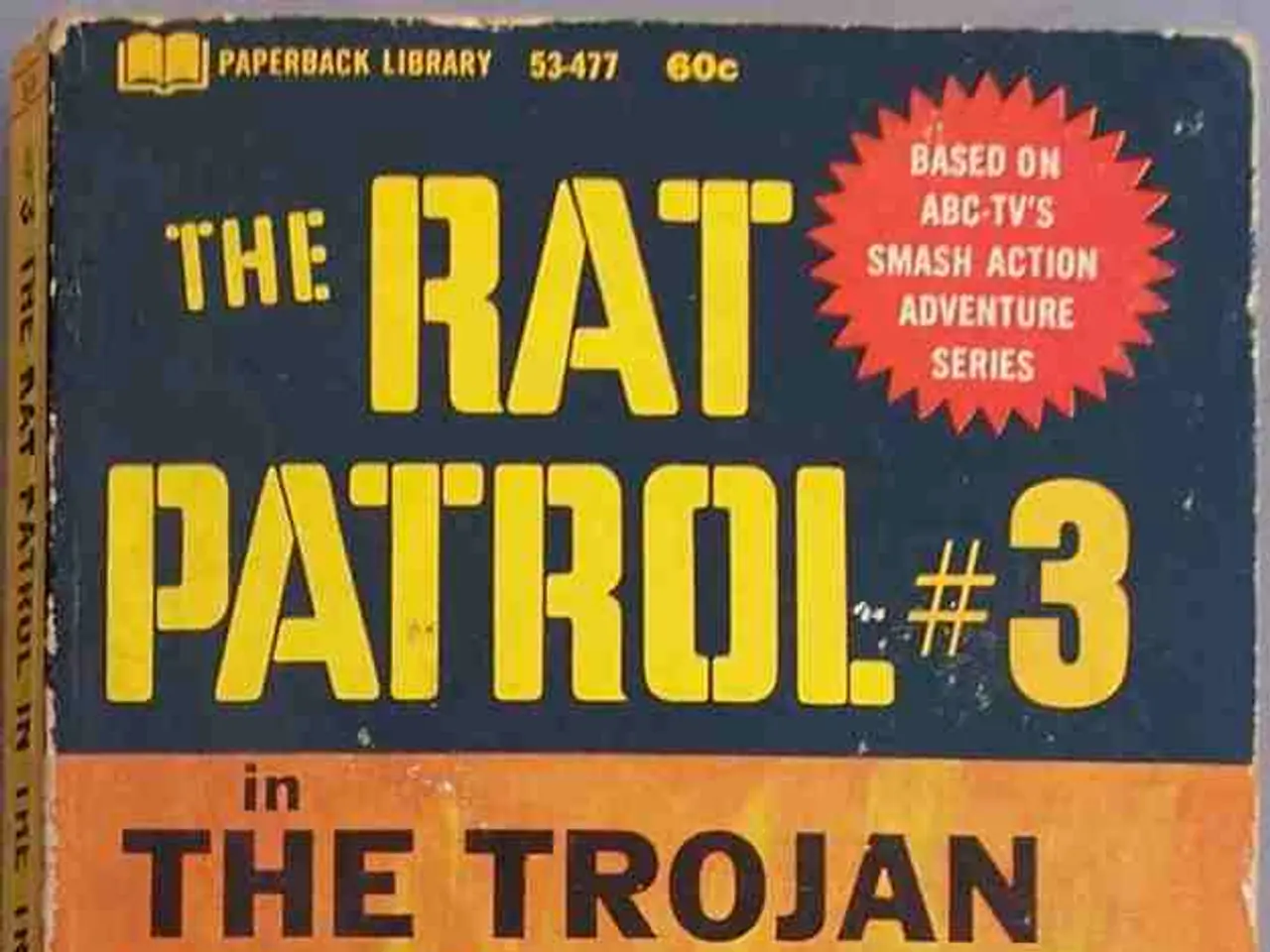Corruption Arrest Over Drone Procurement in Ukraine
In a bid to combat corruption and appease the European Union, Ukraine has restored the independence of its key anti-corruption agencies, the National Anti-Corruption Bureau of Ukraine (NABU) and the Specialized Anti-Corruption Prosecutor’s Office (SAPO), following a brief period of subordination to politically appointed prosecutors.
The decision comes in response to a bribery scandal involving contracts for the purchase of drones for the war, which has seen four arrests, including that of MP Oleksiy Kusnezov, a member of President Volodymyr Zelenskyy's Servant of the People party. Photos of bundles of money have been published by the anti-corruption fighters, with the suspects said to have pocketed 30 percent in bribes.
President Zelenskyy himself has been informed about the ongoing scandal and has emphasized the importance of anti-corruption fighters working independently. The allegations also target municipal public servants and members of the National Guard.
The creation of these agencies after 2014 marked a turning point aimed at breaking ingrained corruption linked to previous administrations, particularly the ousted Kremlin-aligned President Yanukovych. Their operational independence was seen as essential to ensure impartial investigations free from political interference.
The temporary loss and subsequent restoration of this independence in 2025 highlight ongoing challenges in balancing political authority and anti-corruption institutional integrity in Ukraine's evolving democracy. Historically, the independence of Ukraine’s main anti-corruption agencies has been a critical issue since their creation after the 2014 pro-democracy revolution.
The independence of prosecutors outside SAPO was not restored with this latest law, leaving some prosecutorial functions still under political influence, which experts say conflicts with EU requirements.
Ukraine ranks 105th out of 180 countries in the current Corruption Perceptions Index by Transparency International, reflecting the country's ongoing struggle with corruption. Repeated corruption scandals in arms deals, a country that has been defending itself against a Russian invasion for over three years, and the disappearance of Western aid money have added to the public outcry.
Following protests and criticism, Zelenskyy had a new law passed in parliament to restore the independence of the anti-corruption agencies. The faction membership of MP Oleksiy Kusnezov has been frozen for the duration of the investigation.
The Ukrainian state budget has been affected negatively due to this scandal, further emphasizing the need for a categorical fight against corruption, as Zelenskyy has repeatedly promised Brussels. A law passed on Thursday gives anti-corruption fighters every chance to work independently, but the road to a truly corruption-free Ukraine remains long.
[1] "Ukraine's anti-corruption agencies lose independence," Deutsche Welle, July 2025. [2] "Ukraine restores independence of anti-corruption agencies," BBC News, August 2025. [3] "Ukraine's anti-corruption agencies: A critical issue since their creation," The Kyiv Independent, August 2025.
- In response to the bribery scandal involving the purchase of drones for the war, Ukraine has restored the independence of its key anti-corruption agencies, the National Anti-Corruption Bureau of Ukraine (NABU) and the Specialized Anti-Corruption Prosecutor’s Office (SAPO), which were previously subordinate to politically appointed prosecutors, as seen in general news and politics.
- The controversial move to strip these agencies of their independence in 2025 raised concerns from both domestic and international observers, including the European Union, due to its potential impact on crime and justice, as evident in the ongoing corruption cases and the need for impartial investigations.





